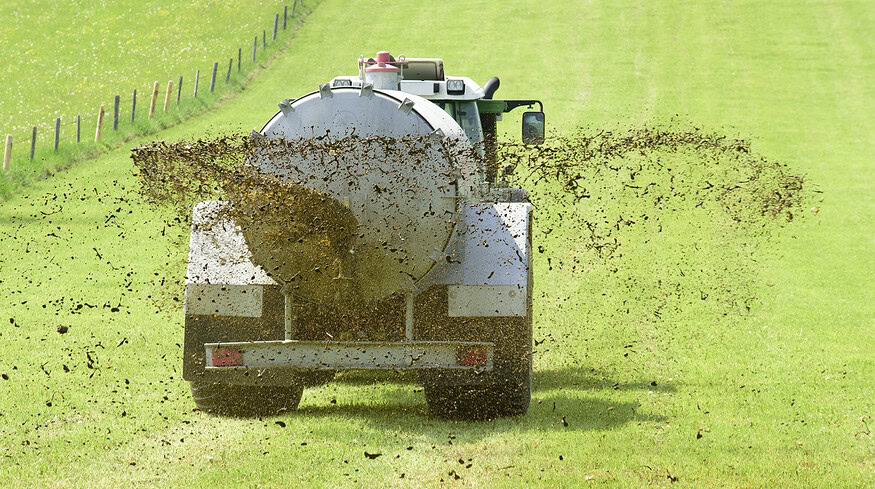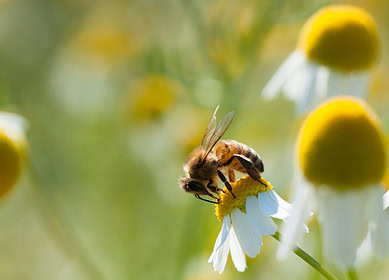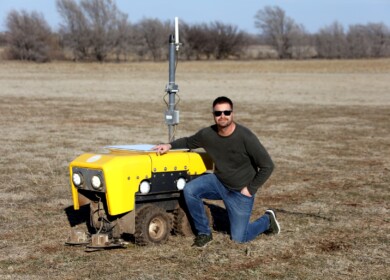Researchers find new link between organic farming and carbon storage

A recent study from Kansas State University has shed new light on the role of organic fertilizers in soil carbon storage, revealing how decades of sustainable farming practices can help combat climate change. The researchers’ findings were published in the Soil Science Society of America Journal and have sparked fresh discussions about the impact of organic farming on environmental sustainability.
The study compared fields treated with organic fertilizers such as manure and compost to those treated with chemical fertilizers or left unfertilized. After decades of research, the scientists discovered that soil treated with organic fertilizers stored significantly more carbon, a critical factor in mitigating rising global temperatures.
One key discovery made by Kansas State University researchers is that carbon is stored within soil pores, where it becomes attached to minerals, creating long-term carbon storage. The team was able to observe these interactions in detail using advanced imaging techniques such as ultrabright synchrotron light. The research utilized facilities such as the Canadian Light Source in Saskatchewan and the Advanced Light Source in Berkeley, California.
The fieldwork focused on a Kansas cornfield that had been managed without tilling and using only manure and compost fertilizers for 22 years. These organic practices, which contrast with chemical-intensive agriculture, have demonstrated how sustainable farming can contribute to the fight against climate change through carbon sequestration in the soil.
“Collectively, studies like this will help us move toward more sustainable, regenerative agricultural practices that protect our soils and environment while also supporting food production for growing populations,” said Dr. Ganga Hettiarachchi, a professor of soil and environmental chemistry at Kansas State University.
The research also underscores the importance of understanding the interaction between minerals, chemicals, and microbes in soil, which could help improve models for predicting carbon storage under different farming techniques. This knowledge will be crucial for future efforts in managing agricultural land in ways that benefit both the planet and society.
The findings offer further evidence of the positive role organic farming plays in building resilient ecosystems, and they highlight the potential for organic fertilizers to reduce atmospheric carbon, aligning with global goals to mitigate climate change.
Enjoyed this story?
Every Monday, our subscribers get their hands on a digest of the most trending agriculture news. You can join them too!














Discussion0 comments